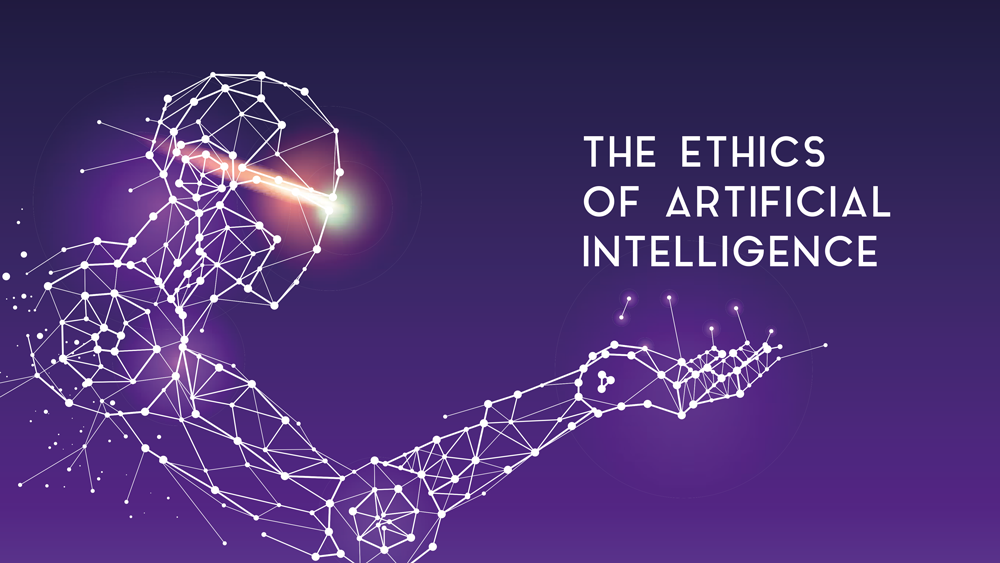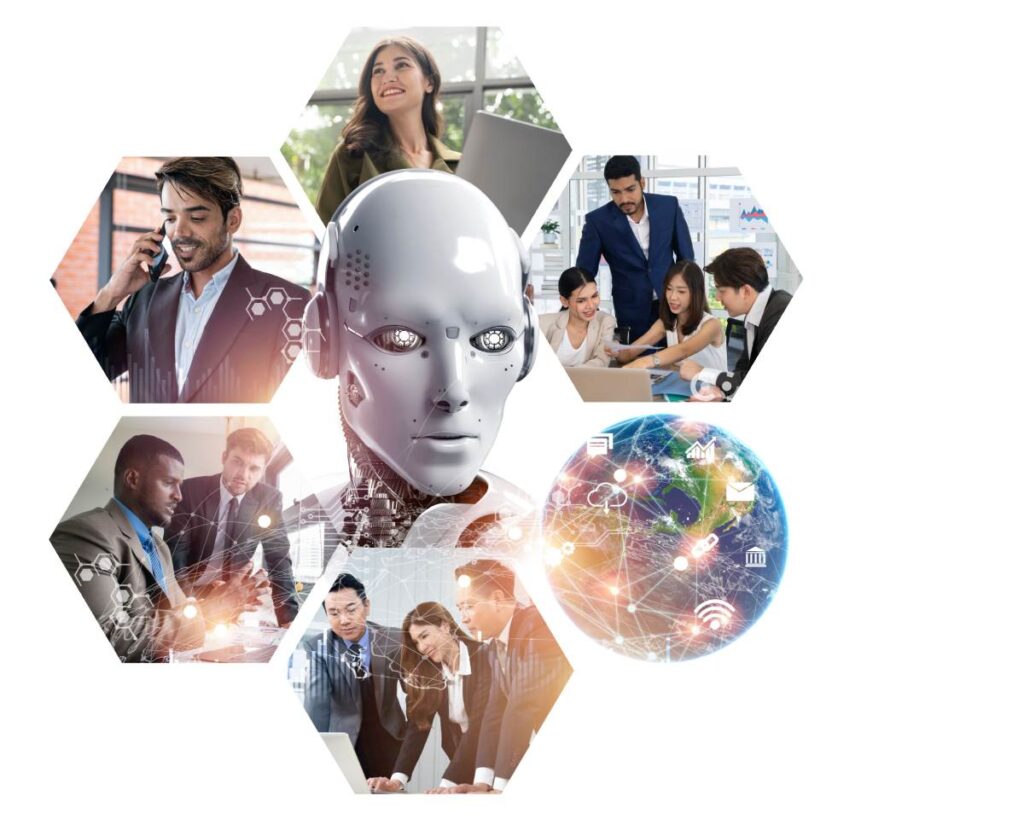As artificial intelligence (AI) continues to permeate our daily routines, understanding the ethical implications of AI in everyday life becomes increasingly crucial. From smart assistants that manage our schedules to algorithms that influence our purchasing decisions, AI technologies are reshaping our interactions and experiences. However, with these advancements come significant ethical considerations, including privacy concerns, algorithmic bias, and the potential for job displacement. This article delves into these pressing issues, providing a comprehensive overview of how AI impacts our lives and the moral responsibilities that accompany its use.
In the following sections, we will explore the multifaceted ethical dilemmas posed by AI technologies. Readers will learn about the importance of transparency in AI systems and how biases can inadvertently be embedded in algorithms, leading to unfair outcomes. Additionally, we will discuss the implications of AI on employment, examining how automation may transform job markets and the skills required for future careers. By understanding these challenges, we can better navigate the complexities of AI integration in our lives.
As we embark on this exploration of the ethical implications of AI, we invite you to consider your own experiences with these technologies. How do they affect your daily decisions and interactions? By engaging with this topic, you will gain valuable insights into the responsibilities we share as users and developers of AI. Join us as we uncover the ethical landscape of artificial intelligence and its profound impact on our society.
As artificial intelligence (AI) continues to integrate into various aspects of our daily lives, it raises significant ethical questions. Understanding these implications is crucial for ensuring that AI technologies are developed and used responsibly. This article explores eight key subtopics related to the ethical implications of AI in everyday life.
Privacy Concerns
One of the most pressing ethical implications of AI is the issue of privacy. With AI systems collecting vast amounts of personal data, individuals often find their privacy compromised. This data can be used for targeted advertising, surveillance, and even manipulation, raising concerns about consent and the right to privacy.
Moreover, the lack of transparency in how data is collected and used can lead to a significant trust deficit between users and AI developers. As AI technologies evolve, it is essential to establish clear guidelines and regulations to protect individual privacy rights while still allowing for innovation.
Bias and Discrimination
AI systems are only as good as the data they are trained on. If the training data contains biases, the AI can perpetuate and even amplify these biases, leading to discriminatory outcomes. This is particularly concerning in areas such as hiring, law enforcement, and lending, where biased AI decisions can have serious consequences for individuals and communities.
Addressing bias in AI requires a concerted effort to ensure diverse and representative training datasets, as well as ongoing monitoring of AI systems to identify and mitigate any discriminatory practices. Ethical AI development must prioritize fairness and equity to prevent harm to marginalized groups.
Accountability and Responsibility
As AI systems become more autonomous, questions of accountability and responsibility arise. When an AI makes a mistake or causes harm, it can be challenging to determine who is liable—the developer, the user, or the AI itself. This ambiguity complicates legal and ethical frameworks surrounding AI use.
Establishing clear accountability mechanisms is essential for fostering trust in AI technologies. This includes defining the roles and responsibilities of all stakeholders involved in the development and deployment of AI systems, as well as creating legal frameworks that address potential harms caused by AI.
Job Displacement and Economic Impact
The rise of AI has the potential to disrupt job markets, leading to significant economic implications. While AI can enhance productivity and efficiency, it can also result in job displacement for many workers, particularly in industries that rely heavily on routine tasks.
To address these challenges, it is crucial to invest in workforce retraining and education programs that prepare individuals for the changing job landscape. Ethical considerations must include strategies for ensuring that the benefits of AI are shared equitably across society, rather than exacerbating existing inequalities.
Security Risks
AI technologies can be vulnerable to security threats, including hacking and misuse. As AI systems become more integrated into critical infrastructure, the potential for malicious attacks increases, posing risks to public safety and national security.
Developing robust security measures and ethical guidelines for AI deployment is essential to mitigate these risks. This includes ensuring that AI systems are designed with security in mind and that there are protocols in place to respond to potential threats effectively.
Human-AI Interaction
The way humans interact with AI systems raises ethical questions about dependency and trust. As AI becomes more prevalent in everyday life, there is a risk that individuals may become overly reliant on these technologies, potentially diminishing critical thinking and decision-making skills.
It is important to foster a balanced relationship between humans and AI, where technology serves as a tool to enhance human capabilities rather than replace them. Ethical considerations should focus on promoting healthy interactions and ensuring that users remain informed and engaged in the decision-making process.
Transparency and Explainability
Transparency in AI systems is vital for building trust and understanding among users. Many AI algorithms operate as “black boxes,” making it difficult for individuals to comprehend how decisions are made. This lack of explainability can lead to skepticism and fear regarding AI technologies.
To address this issue, developers should prioritize creating AI systems that are transparent and provide clear explanations for their decisions. This not only enhances user trust but also allows for better oversight and accountability in AI applications.
Ethical AI Development
Finally, the ethical development of AI technologies is paramount. This involves establishing guidelines and best practices that prioritize ethical considerations throughout the AI lifecycle, from design to deployment. Engaging diverse stakeholders, including ethicists, technologists, and affected communities, is essential for creating responsible AI systems.
By fostering a culture of ethical AI development, we can ensure that AI technologies are aligned with societal values and contribute positively to everyday life. This collaborative approach can help mitigate potential harms and promote the responsible use of AI in various sectors.
| Aspect | Description |
|---|---|
| Privacy | AI systems often require large amounts of personal data, raising concerns about how this data is collected, stored, and used. Ensuring user privacy is a significant ethical challenge. |
| Bias and Fairness | AI algorithms can perpetuate or even exacerbate existing biases in society. It is crucial to ensure that AI systems are designed to be fair and equitable for all users. |
| Accountability | Determining who is responsible for the actions of AI systems can be complex. Establishing clear accountability is essential to address potential harms caused by AI. |
| Job Displacement | The automation of tasks through AI can lead to job displacement in various sectors. Ethical considerations include how to support affected workers and manage transitions. |
| Security | AI technologies can be used for malicious purposes, such as creating deepfakes or conducting cyberattacks. Ensuring the security of AI systems is a critical ethical concern. |
| Transparency | Many AI systems operate as “black boxes,” making it difficult for users to understand how decisions are made. Promoting transparency in AI processes is vital for trust and accountability. |
| Human-AI Interaction | The way humans interact with AI can influence behavior and decision-making. Ethical considerations include ensuring that AI systems enhance human capabilities rather than undermine them. |
| Environmental Impact | The development and deployment of AI technologies can have significant environmental impacts, including energy consumption. Ethical considerations involve promoting sustainable practices in AI development. |



